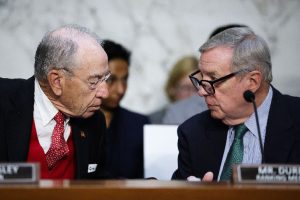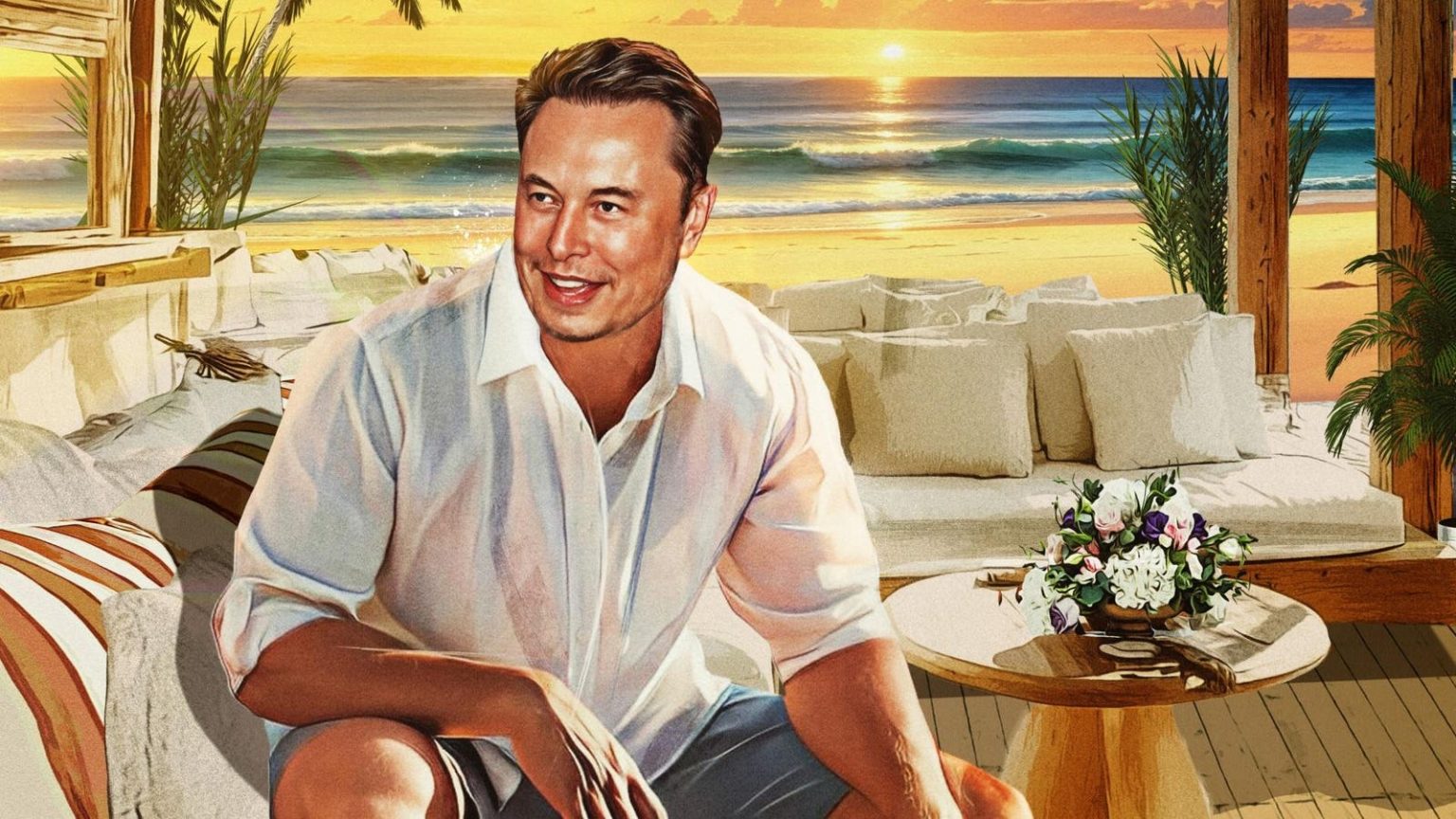Elon Musk: America’s Wealthiest Billionaire for Four Consecutive Years
For the fourth straight year, Elon Musk reigns supreme atop The Forbes 400 list of America’s richest individuals, cementing his position as not just the wealthiest person in the United States, but in the entire world. Despite a year of political ups and downs – including his brief stint running Donald Trump’s Department of Government Efficiency, followed by their public falling out – Musk’s financial empire has continued its extraordinary expansion. He has shattered records with an unprecedented $184 billion increase in his net worth over the past year alone, bringing his total fortune to an estimated $428 billion. This remarkable gain surpasses his previous record of $122 billion added between 2020 and 2021, and makes him the first person in Forbes 400 history to cross the $400 billion threshold. His nearest competitors, Oracle founder Larry Ellison ($276 billion) and Meta’s Mark Zuckerberg ($253 billion), trail behind by margins larger than Warren Buffett’s entire fortune.
Tesla remains Musk’s largest publicly traded asset, with its shares jumping 56% since last year despite challenges including declining vehicle sales and the disappointing debut of its robo taxi service. Most of Tesla’s stock gains occurred in late 2024, driven by investor optimism surrounding Musk’s relationship with then president-elect Trump, though shares have since retreated about 25% from their December peak. Musk’s Tesla stake could soon grow substantially larger, as he awaits a Delaware Supreme Court ruling on whether he’ll keep stock options currently worth $94 billion that were awarded in 2018. The compensation package has twice been voided by a Delaware judge who ruled Tesla’s board was biased in Musk’s favor. If the ruling goes against him, Tesla’s special compensation committee has prepared a fallback $29 billion stock award. Not stopping there, Tesla’s board proposed yet another performance-based package in September that could potentially be worth close to $1 trillion if the company achieves ambitious goals over the next decade, including growing its market cap to $8.5 trillion.
SpaceX has emerged as another cornerstone of Musk’s wealth, now valued at $400 billion – up from $210 billion a year ago – making it the world’s second most valuable private company behind OpenAI. Musk’s estimated 42% stake translates to $168 billion. The company’s Starlink internet service, with 6,800 satellites serving 6 million customers, generated an estimated $9.3 billion in revenue last year according to Morgan Stanley. Despite Musk’s political fallout with Trump earlier this summer, which reportedly prompted White House officials to briefly explore cancelling some government contracts, SpaceX rockets remain the preferred U.S. government contractor for payload launches, underscoring the company’s essential role in American space infrastructure.
Perhaps Musk’s most intriguing financial maneuver involves xAI Holdings, a private market venture that demonstrates his strategic acumen. Following Trump’s re-election and advertisers’ return to Twitter (now X), Musk orchestrated a merger between X and his artificial intelligence startup xAI in March. Under terms approved by investors, X is now valued at $33 billion net of debt – $2 billion more than Musk paid for it in 2022 – while xAI commands an $80 billion valuation, up from $50 billion previously. Combined, these sister companies contribute an estimated $60 billion to Musk’s wealth, with aspirations to reach a valuation exceeding $200 billion in the next funding round. Simultaneously, Musk has waged a multi-front campaign against competitor OpenAI, including an unsuccessful $97.4 billion takeover bid, multiple lawsuits challenging OpenAI’s shift toward a for-profit model, and allegations of collusion between OpenAI and Apple to disadvantage xAI’s chatbot Grok in the App Store. OpenAI has countersued, characterizing Musk’s actions as a “yearslong harassment campaign” and his takeover offer as a “sham bid” designed to harm the startup.
Musk’s smaller ventures, while less financially significant to his overall wealth, continue to attract substantial investment despite limited commercial progress. Neuralink, which has been testing brain implant chips but has yet to bring products to market, was previously under investigation by the USDA’s Inspector General over animal testing concerns. The Boring Company has completed just one hyperloop tunnel in Las Vegas despite raising over $900 million. Nevertheless, venture capitalists have valued these speculative enterprises at $9.6 billion and $5.7 billion respectively, demonstrating investors’ continued faith in Musk’s vision across diverse technological frontiers.
Unlike some Forbes 400 billionaires who indulge in conspicuous consumption – such as Larry Ellison purchasing an entire Hawaiian island or Mark Zuckerberg acquiring half of Palo Alto – Musk maintains relatively modest personal spending habits for someone of his immense wealth. His largest real estate investment appears to be a $35 million compound in Austin for some of his fourteen children. During his time in Washington, D.C., he reportedly slept on mattresses in federal office buildings rather than purchasing an elaborate residence. His most significant recurring expense may be jet fuel, as he frequently flies between Los Angeles, San Francisco, and Texas to oversee his business empire. But when you’re worth over $400 billion, even private jet travel becomes a rounding error – a remarkable perspective on the sheer scale of wealth that America’s richest individual has accumulated.










